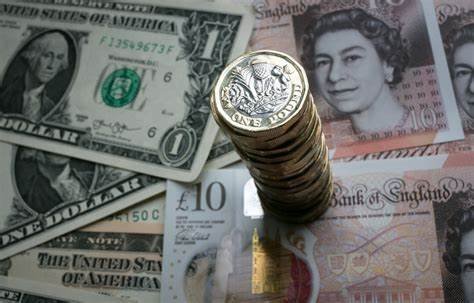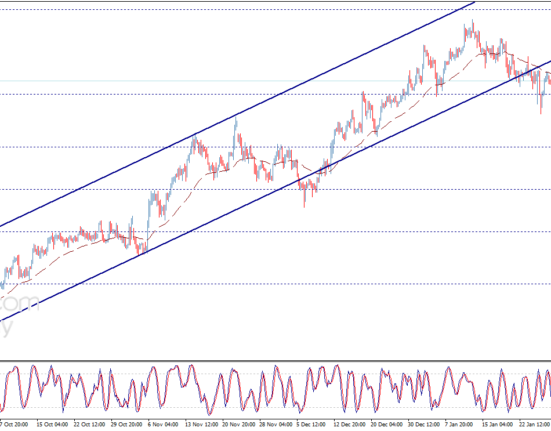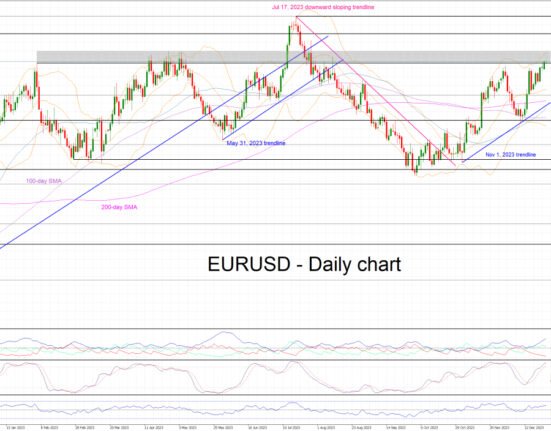The Pound Sterling is currently underperforming against the US dollar as the financial markets prepare for the Federal Reserve’s upcoming policy decision. With heightened expectations surrounding the Fed’s moves, particularly regarding interest rates, the USD has gained strength, leaving the British pound trailing behind. The market is anticipating that the Fed will take a more hawkish stance in response to ongoing inflation concerns, which has caused a shift in investor sentiment, benefiting the US dollar and weakening the Pound.
The underperformance of the Pound Sterling has implications not only for the UK economy but also for international markets, including those in Nigeria. For Nigerian businesses that engage in trade with the United Kingdom, a weaker pound could mean reduced costs for imports from the UK. Products ranging from machinery to consumer goods could become more affordable for Nigerian companies, allowing them to save on expenses and potentially pass on savings to consumers.
However, a weaker Pound Sterling also poses challenges for Nigerian exporters to the UK. If the pound continues to underperform, Nigerian businesses that rely on exports to the UK may face reduced profitability, as their products could become more expensive for British buyers. This could lead to lower demand for Nigerian exports, especially in sectors like agriculture, manufacturing, and energy, which are key contributors to Nigeria’s trade with the UK.
For Nigerians with investments in UK assets, such as stocks or bonds, the underperformance of the pound may have a negative impact on the value of their portfolios when converted into Naira. A weaker pound means that the value of these investments could decrease in local currency terms, potentially eroding the returns for Nigerian investors with exposure to the UK market.
With the Federal Reserve’s policy decision on the horizon, market participants are closely monitoring how the Fed’s actions will influence currency movements. A stronger US dollar could signal further challenges for the pound, particularly if the Fed opts for more aggressive monetary tightening. In turn, Nigerian businesses, investors, and individuals will need to assess how these changes could impact their financial strategies, especially in relation to imports, exports, and international investments.
As the situation develops, it will be important for Nigerian businesses and investors to stay updated on global monetary policies and how they might affect exchange rates, trade relations, and the broader economy.







Leave feedback about this